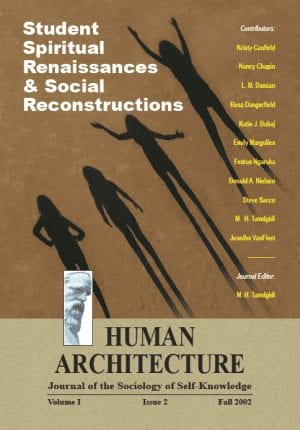Journal Article — Ideology and Utopia in Mannheim: Towards the Sociology of Self-Knowledge — by Mohammad H. Tamdgidi
$15.00
This article revisits the conceptual framework employed by Karl Mannheim in his Ideology and Utopia (1936), seeking (1) a new appraisal of the self-defeating arguments which influenced later developments in the scholarly field of sociology of knowledge, and (2) new avenues to address the vital issues originally raised by him.
Description
Abstract
This article revisits the conceptual framework employed by Karl Mannheim in his Ideology and Utopia (1936), seeking (1) a new appraisal of the self-defeating arguments which influenced later developments in the scholarly field of sociology of knowledge, and (2) new avenues to address the vital issues originally raised by him. After a brief overview of the history of sociology of knowledge and the place of Mannheim in its development, his book Ideology and Utopia will be used as an empirical site of conceptual exploration in order to shed new lights on the theoretical and methodological roots of Mannheim’s arguments in his work, and to search for alternative avenues to address the vital question he raised.
Recommended Citation
Tamdgidi, Mohammad H. 2002. “Ideology and Utopia in Mannheim: Towards the Sociology of Self-Knowledge.” Pp. 120-139 in Student Life Courses & Social Policies (Human Architecture: Journal of the Sociology of Self-Knowledge: Volume I, Issue 1, 2002.) Belmont, MA: Okcir Press (an imprint of Ahead Publishing House).
The various editions of Student Life Courses & Social Policies can be ordered from the Okcir Store and are also available for ordering from all major online bookstores worldwide (such as Amazon, Barnes&Noble, and others).
Read the Above Publication Online
To read the above publication online, you need to be logged in as an OKCIR Library member with a valid access. In that case just click on the large PDF icon below to access the publication. Make sure you refresh your browser page after logging in.








